Description
Sasanqua camellia and chattering lory parrot by Matsumura Keibun printed on a T-Shirt
About the T-Shirt
Regular fit
Standard length, the fabric easily gives into movement
Casual wear
A classic, everyday option loved by our customers
Side-seamed
Constructed by sewing two parts together, creating a fitted look
The Unisex Staple T-Shirt feels soft and light with just the right amount of stretch. It’s comfortable and flattering for all. We can’t compliment this shirt enough–it’s one of our crowd favorites, and it’s sure to be your next favorite too!
- Solid colors are 100% Airlume combed and ring-spun cotton
- Ash color is 99% combed and ring-spun cotton, 1% polyester
- Heather colors are 52% combed and ring-spun cotton, 48% polyester
- Athletic and Black Heather are 90% combed and ring-spun cotton, 10% polyester
- Heather Prism colors are 99% combed and ring-spun cotton, 1% polyester
- Fabric weight: 4.2 oz./yd.² (142 g/m²)
- Pre-shrunk fabric
- 30 singles
- Side-seamed construction
- Tear-away label
- Shoulder-to-shoulder taping
- Blank product sourced from Nicaragua, Mexico, Honduras, or the US
Matsumura Keibun (1779-1843)
Matsumura Keibun was a Japanese painter.
His father died when he was two years old. He was younger half-brother to Matsumura Goshun, founder of the Shijō school, and received his first art lessons from him. He exhibited his works as early as 1796, under the auspices of Minagawa Kein [ja], a showing which included calligraphy. Keibun inherited Goshun’s studio when he died in 1811. By 1813, he was listed in a directory of Kyōto’s most notable citizens.
In 1818, for the seventh anniversary of his half-brother’s death, he staged an exhibition of his works. In 1829, he painted a group of birds on the ceiling inside of the “Naginata-Hoko” (長刀鉾; roughly, Long Sword Halberd), one of the floats for the Gion Matsuri (festival), which is still in use today.
In 1830, he published an illustrated book; “Go Keibun gafu” (呉景文画譜, Keibun’s Art of Painting), which was a significant contribution to establishing Goshun’s style. He also served as Chief Priest at the Myōhō-in [ja], a Tendai temple in Kyōto which was usually assigned to an Imperial prince. After his death, he was initially interred at the Daitsū-ji [ja], an Ōtani-ha temple, but was later moved to the Konpuku-ji, a more prestigious Zen temple.
His style is similar to Goshun’s, but somewhat lighter and what, in Western art, would be called manneristic. His best known works are a set of fusumas (sliding doors) in Myōhō–ji, a Nichiren temple, which are called Shiki kōsaku-zu (四季耕作図; roughly, “Cultivation in the Four Seasons”). He also specialized in paintings of birds and flowers.

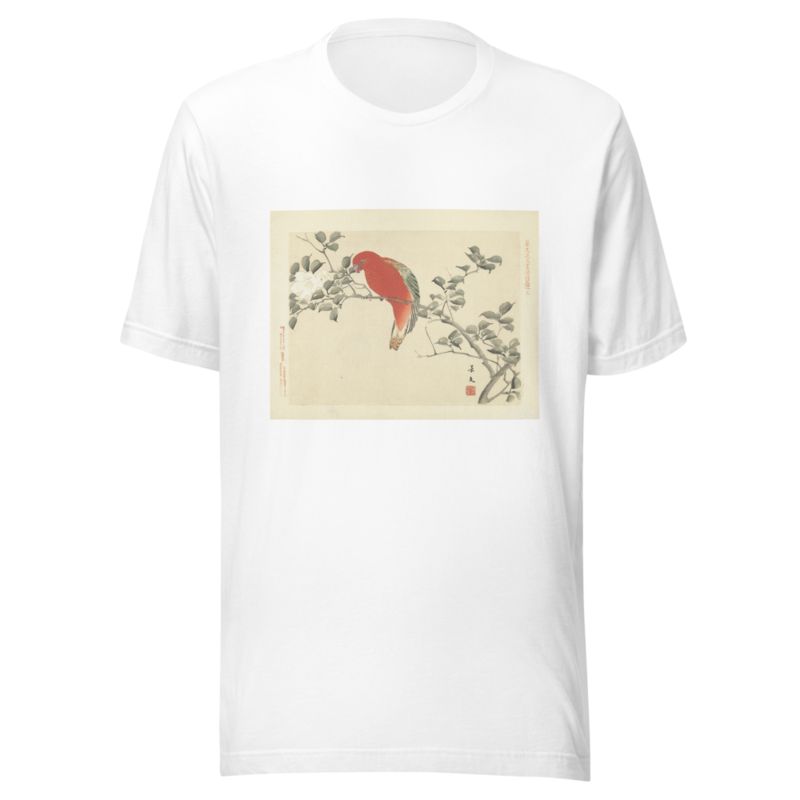
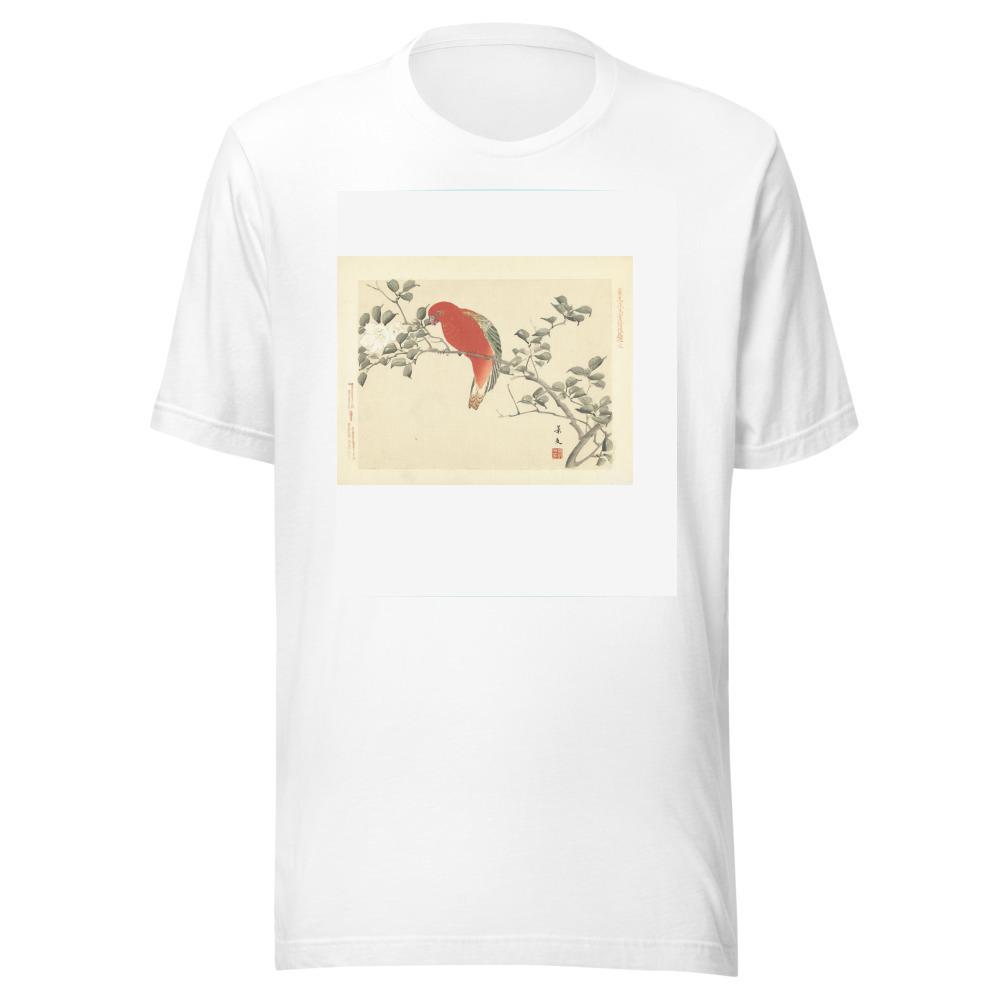
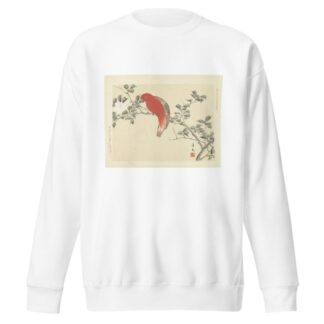
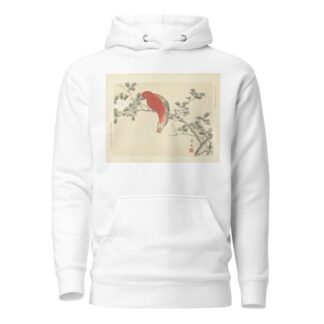
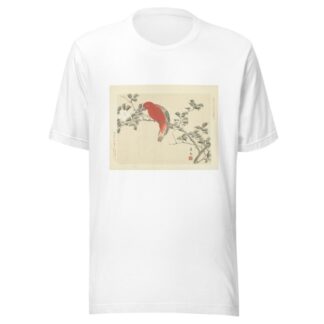
Reviews
There are no reviews yet.